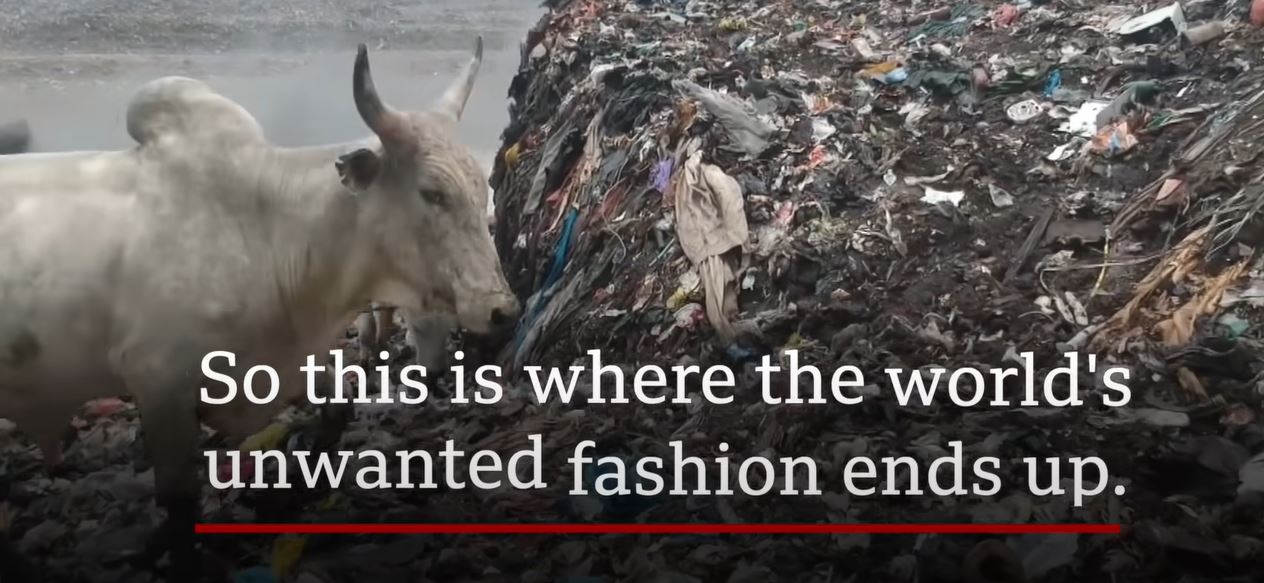
The allegations of a racist, sexist, and discriminatory workplace are highlighted in the HBO documentary, which also highlights the negative environmental impacts of fast fashion.
The director of HBO’s new documentary Brandy Hellville & the Cult of Fast Fashion never wanted the film to be just another brand exposé, even though it does, in part, operate on that level.
Although it operates in part on that level, the director of the new HBO documentary Brandy Hellville & the Cult of Fast Fashion never intended for the film to be merely another brand exposé.
The film, which premieres on HBO on Tuesday, features director Eva Orner highlighting allegations made by former employees at various levels of the cult teen-girl brand Brandy Melville regarding a sexist and discriminatory work environment.
For instance, young women who formerly labored as teenagers in fast-fashion establishments, known for carrying only one small size, report capturing “store style photos” daily so that company executives may critique their costumes.
Stephan Marsan, the brand’s CEO, allegedly instructed a former senior vice president who received those photographs to terminate employees whose appearances he disapproved of.
(One employee claims that requests for “chest and feet” photographs replaced full-body images at one point.)

The documentary presents segments from a group text reportedly containing company executives that contained offensive and discriminatory remarks.
, while some employees recall the store’s practice of assigning individuals of color to less visible positions.
(Orner expands upon an inquiry that Business Insider correspondent Kate Taylor, who also appears in the film, initially conducted.)
However, Orner also employs Brandy Melville as a symbol of the broader system of mistreatment she perceives within the rapid fashion industry as a whole: “I genuinely desired to delve a little into the industry’s environmental damage and worker exploitation,” she says.
“It complicates the process of incorporating all of these intricate concepts into the film, but I believed it would be less impactful without it.”
The documentary is situated in Accra, Ghana, in the vicinity of Kantamanto, a vast marketplace for recycled clothing that pollutes nearby waterways and causes garments to accumulate on beaches.
The mayor of Prato, Italy, where some fast-fashion garments, including Brandy Melville, are manufactured, describes occasionally encountering individuals who are illegally employed in factories and are treated “like slaves.”
Orner states that the document’s overarching message is “buy less.”
Orner discussed the challenges she encountered in securing on-camera interviews for the documentary, the current cultural significance of Brandy Melville, and the reason she hopes parents and adolescents will be “horrified” by the documentary’s revelations a few days prior to its release.